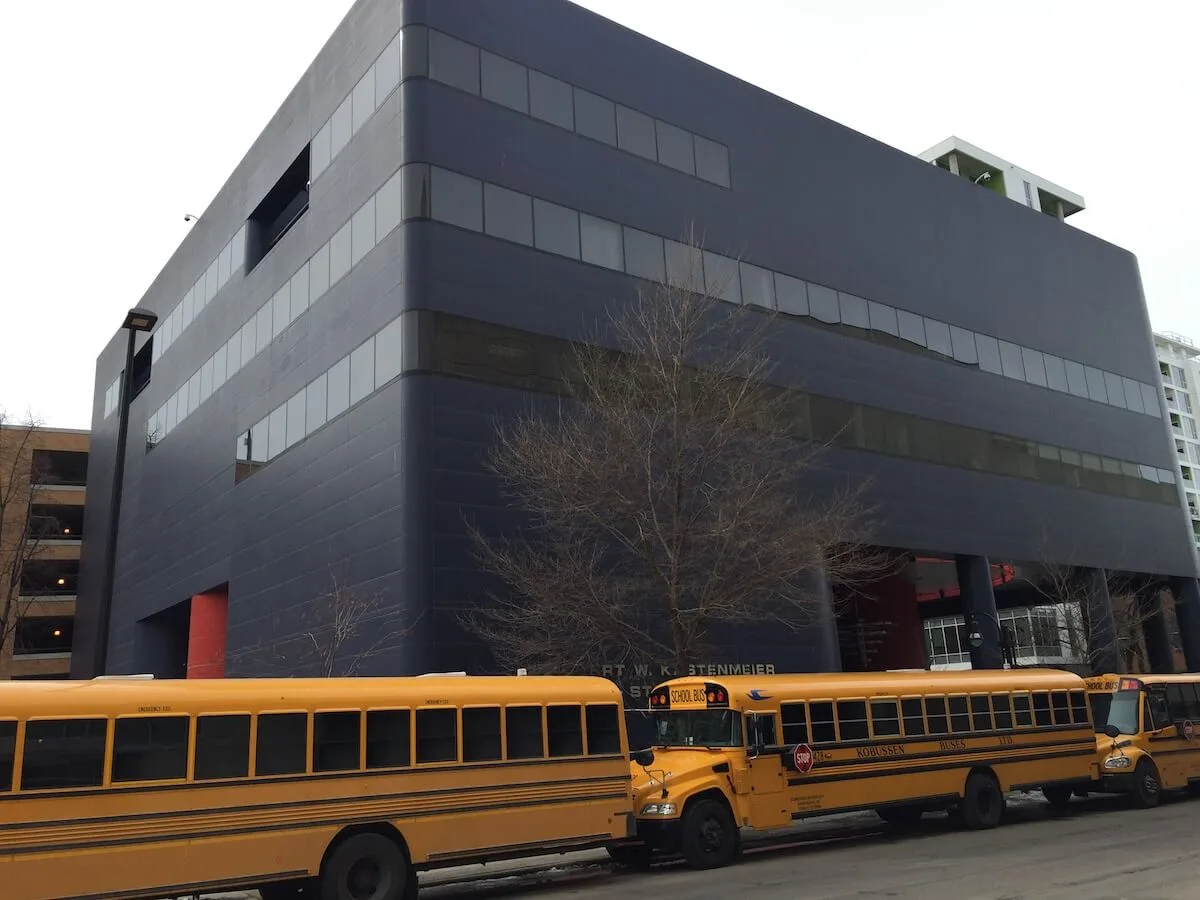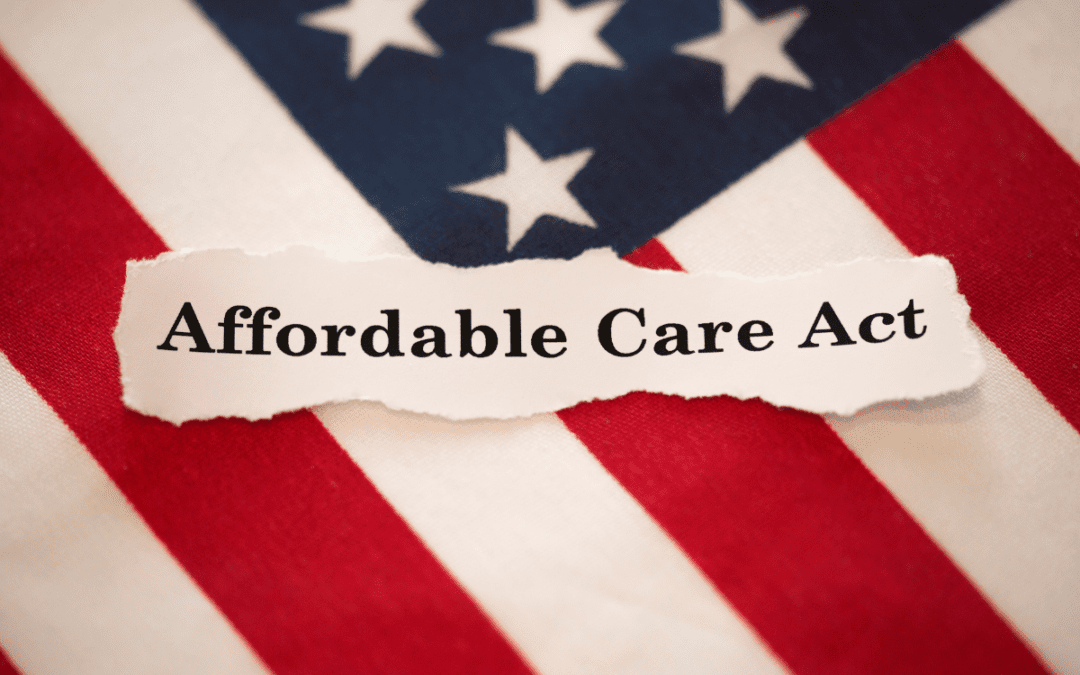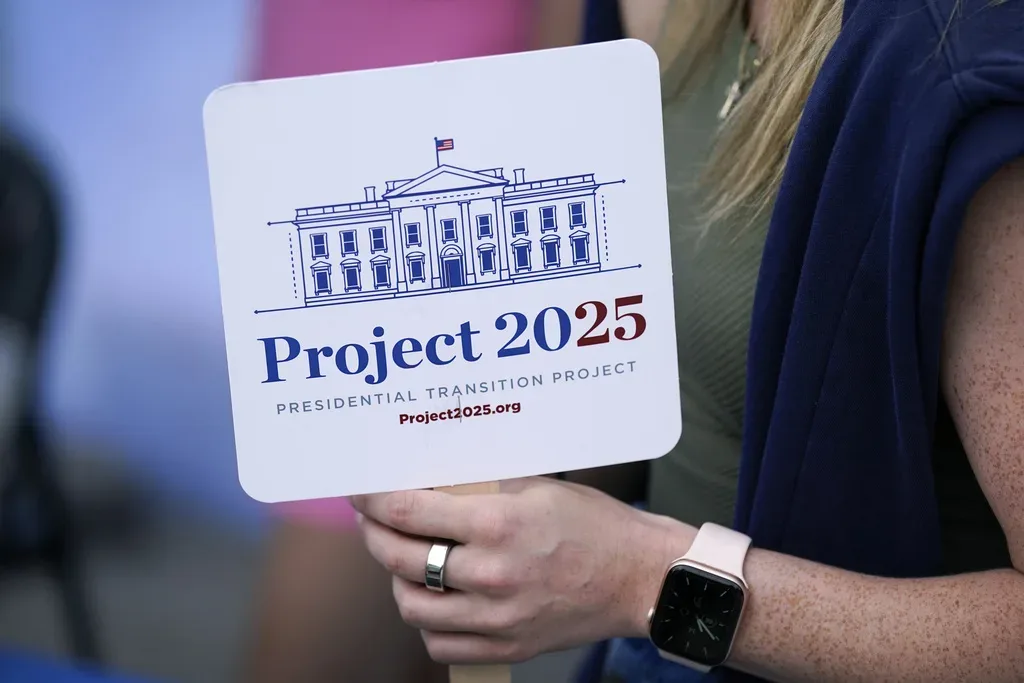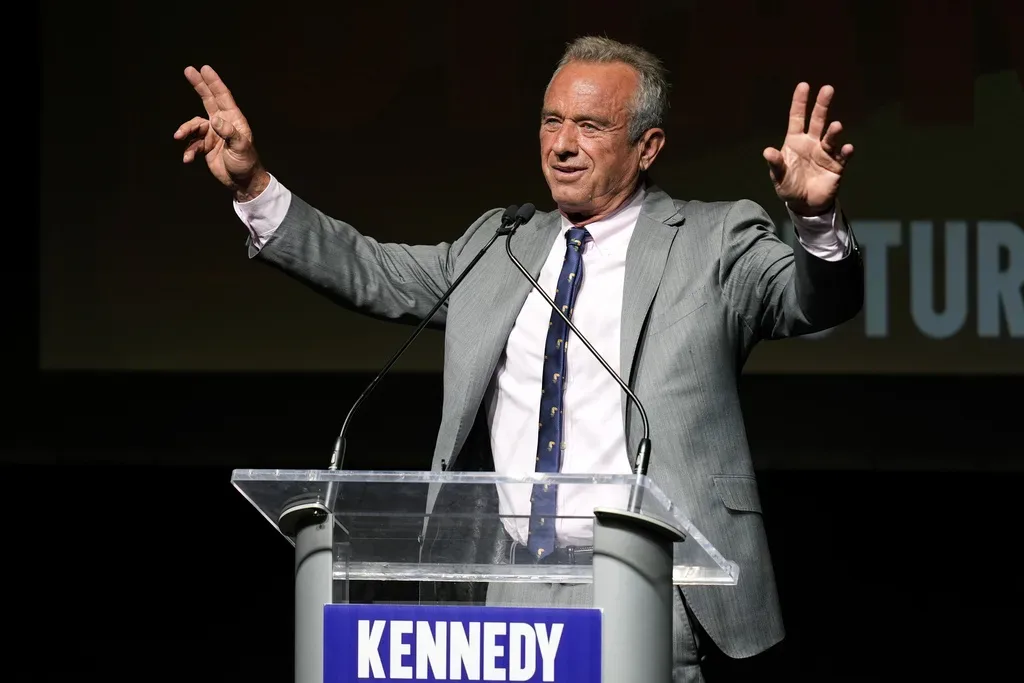
#image_title
#image_title
April 7 election stands, but 1,000,000 want to mail ballots instead
One day after criticizing Wisconsin government leaders for failing to protect voters during a coronavirus pandemic, a federal judge on Thursday decided to maintain the April 7 presidential primary in Wisconsin, but allowed more time to count absentee ballots.
U.S. District Judge William Conley ruled to allow absentee ballots to be counted if they arrive to local election officials by April 13, or six days after election day. In addition, people have until Friday, April 3, to request absentee ballots as residents seek a record number of them.
Conley did not rule in favor of three groups who filed lawsuits seeking to delay the vote and declined to postpone Tuesday’s election that will include local government races as well as the election for a state Supreme Court justice as those groups sought.
Conley issued his ruling one day after a four-hour hearing by video conference during which he criticized Democratic Gov. Tony Evers and Republican legislative leaders for not delaying the election. Those officials should have taken that action and not forced the matter to go before the court, he said.
Allowing Tuesday’s election is “a really bad public policy idea and they should stop it for health reasons,” Conley said of state government leaders during Wednesday’s court hearing.
Thursday was the last day to request absentee ballots under usual rules, but Conley extended that deadline by one day. Previously, ballots had to be returned to clerks by election day to be counted, but Conley said people now have until April 13 which will help cover any delays in mail service.
He also ruled that absentee voters aren’t required as previously to have a witness sign a certificate. Instead, Conley said, voters could avoid that requirement if they provide a statement with their absentee ballot stating they could not safely obtain a signature. However, that requirement remains for all other absentee voters.
Democratic Gov. Tony Evers and Republican legislative leaders, Sen. Scott Fitzgerald, R-Juneau, and Rep. Robin Vos, R-Rochester, have said the election should occur as scheduled and local clerks should do the best they can amid challenging circumstances. In recent weeks they have urged people to vote by mail instead of heading to polling places on Tuesday.
Evers previously proposed legislation to make voting easier and more accessible during the public health emergency. He also called on the Legislature to figure out how to best proceed with the election, and last week he proposed mailing absentee ballots to all registered voters.
Evers said he can’t change election law on his own and has urged the state Legislature to act on the matter. Republicans said his request to act on mailing absentee ballots occurred too close to the election for such a change to be enacted.
Local election workers and public health officials have warned that holding the election could endanger people by exposing them to COVID-19. More than 1 million absentee ballots have been sent out for the election.
Several elections clerks acknowledged some people who have requested absentee ballots are waiting more than a week to receive them. Without the absentee voting extension Conley granted, they said they feared many absentee ballots would not be returned by Tuesday’s 8 p.m. deadline.
Superior city clerk Terri Kalan said Conley’s decision to extend the absentee ballot deadline “is good because it will allow the votes of more people to count.”
Many communities face a shortage of poll workers because of fears related to COVID-19, election clerks from across Wisconsin said.
Meagan Wolfe, administrator of the Wisconsin Elections Commission, told Conley Wednesday that 111 election sites currently lack enough poll workers to properly conduct an election Tuesday. Those overseeing polling sites are being trained to limit the number of voters in a space at any one time, she said, and those waiting to vote will be advised to practice social distancing, meaning people will be advised to remain at least 6 feet from each other.
Some communities will fill some of the poll worker gap with local government staff members, clerks said. Others simply won’t have many at the polls. Evers said he will deploy the Wisconsin Army National Guard to help at polls but he also acknowledged that may not be enough.
Because of the poll workers shortage, many municipalities are reducing the number of polling sites they will oversee.
Conley weighed three legal challenges to holding the election on April 7. One, brought by Souls to the Polls and other organizations seeking to turn out the vote, sought to postpone the election.
The groups behind that effort want ballots already cast to be counted. They also want voters to be able to continue to mail in their votes in upcoming weeks and in-person voting to happen at a later date when it can be conducted safely.
The Democratic National Committee has asked to expand absentee voting so ballots that arrive in the mail after election day are counted. The third challenge was brought by the League of Women Voters of Wisconsin and asks the judge to allow people to cast absentee ballots without witnesses having to sign a certificate for them.
Politics

Opinion: Many reasons why young adults should refuse to let Republicans kill the Affordable Care Act
In this op-ed, University of Wisconsin Medical School student, Samantha Crowley, shares the importance of young adults protecting the Affordable...

He said what? 10 things to know about RFK Jr.
The Kennedy family has long been considered “Democratic royalty.” But Robert F. Kennedy, Jr.—son of Robert F. Kennedy, who was assassinated while...
Local News

Stop and smell these native Wisconsin flowers this Earth Day
Spring has sprung — and here in Wisconsin, the signs are everywhere! From warmer weather and longer days to birds returning to your backyard trees....

Your guide to the 2024 Blue Ox Music Festival in Eau Claire
Eau Claire and art go hand in hand. The city is home to a multitude of sculptures, murals, and music events — including several annual showcases,...



